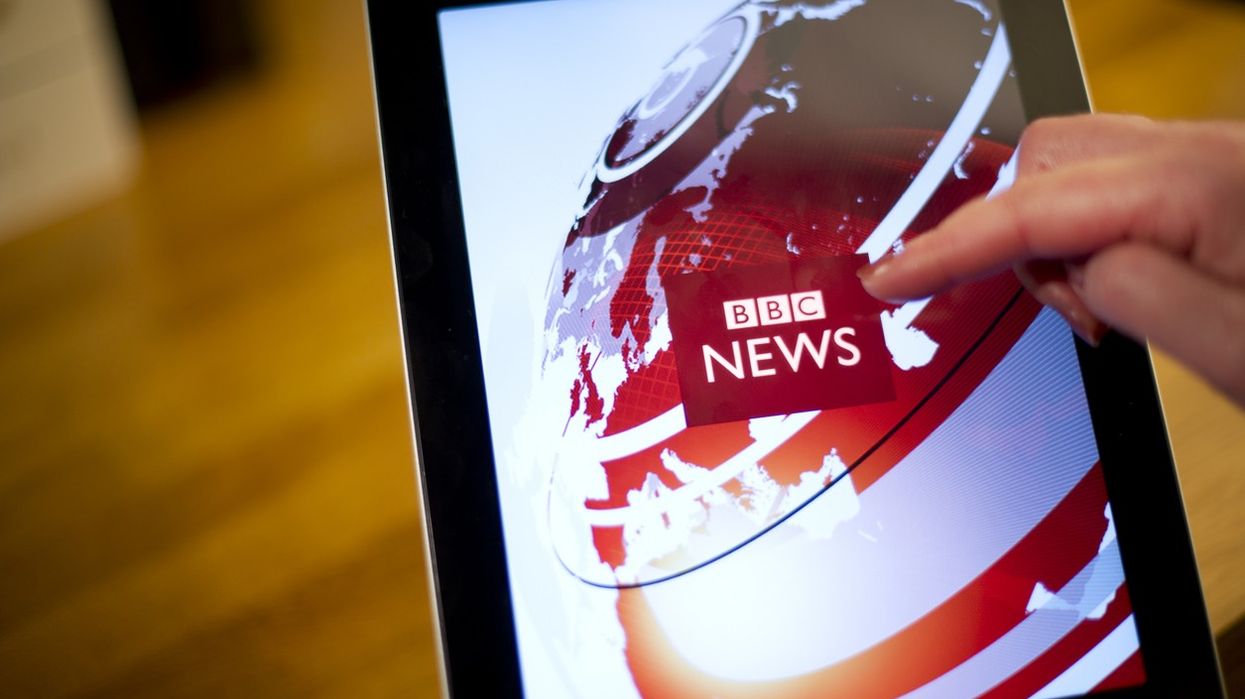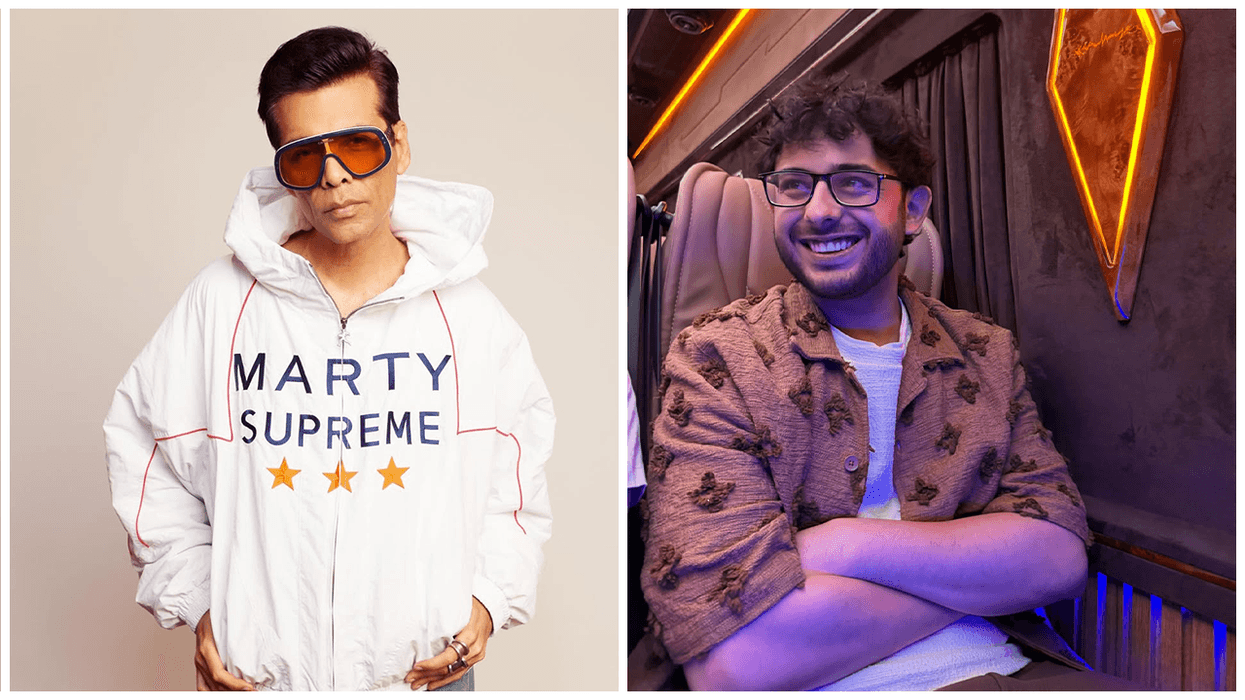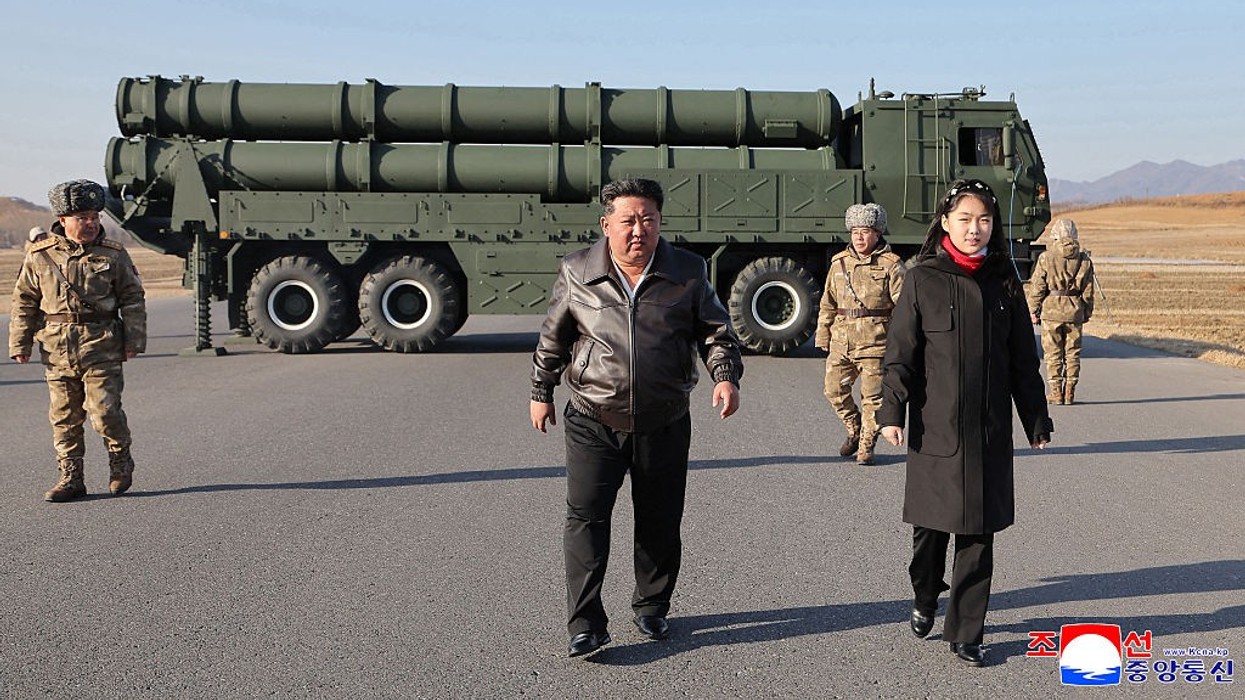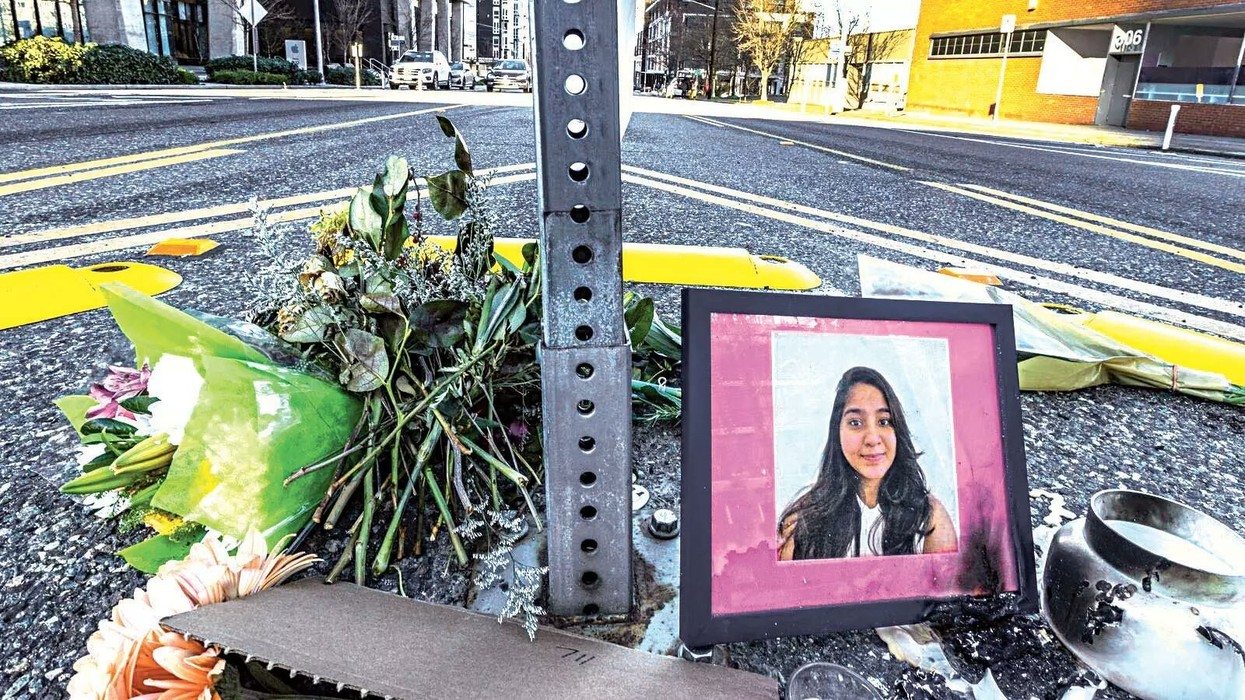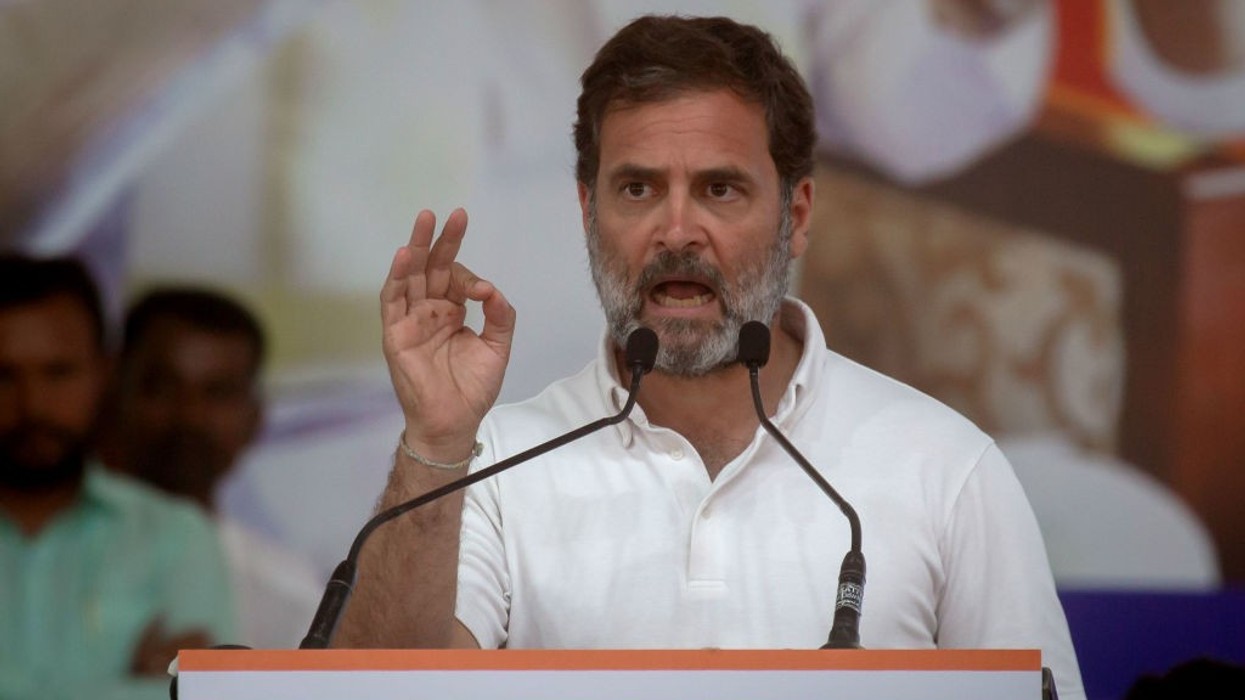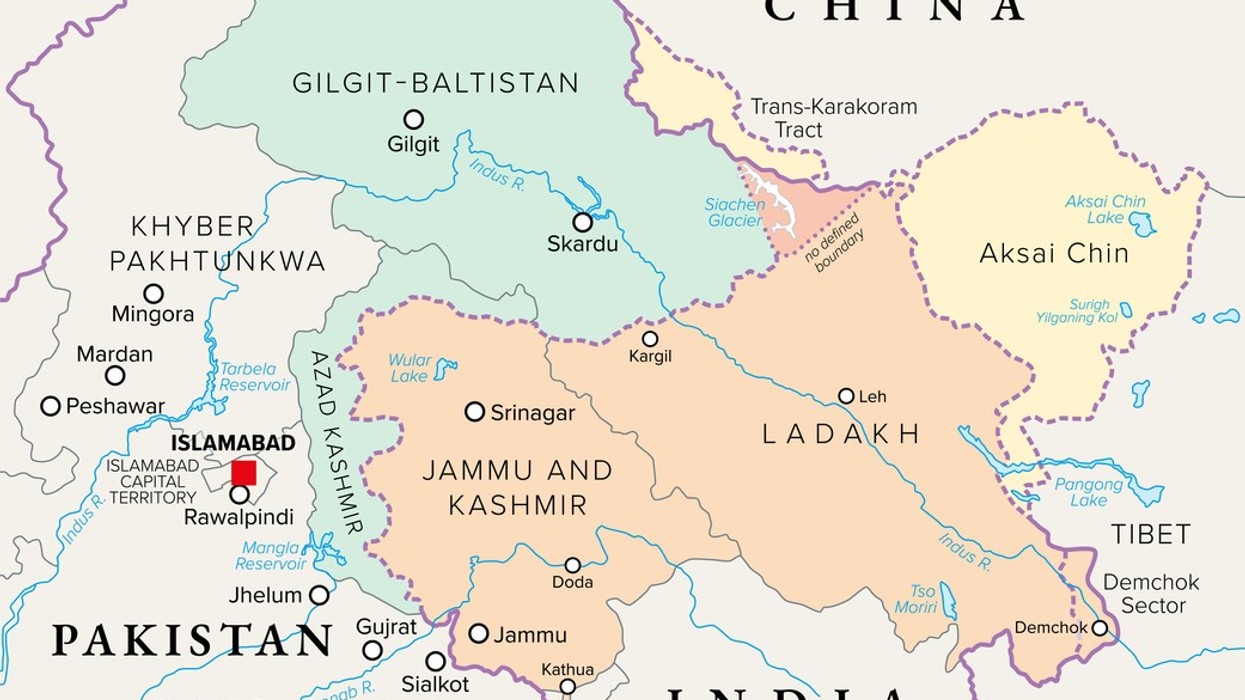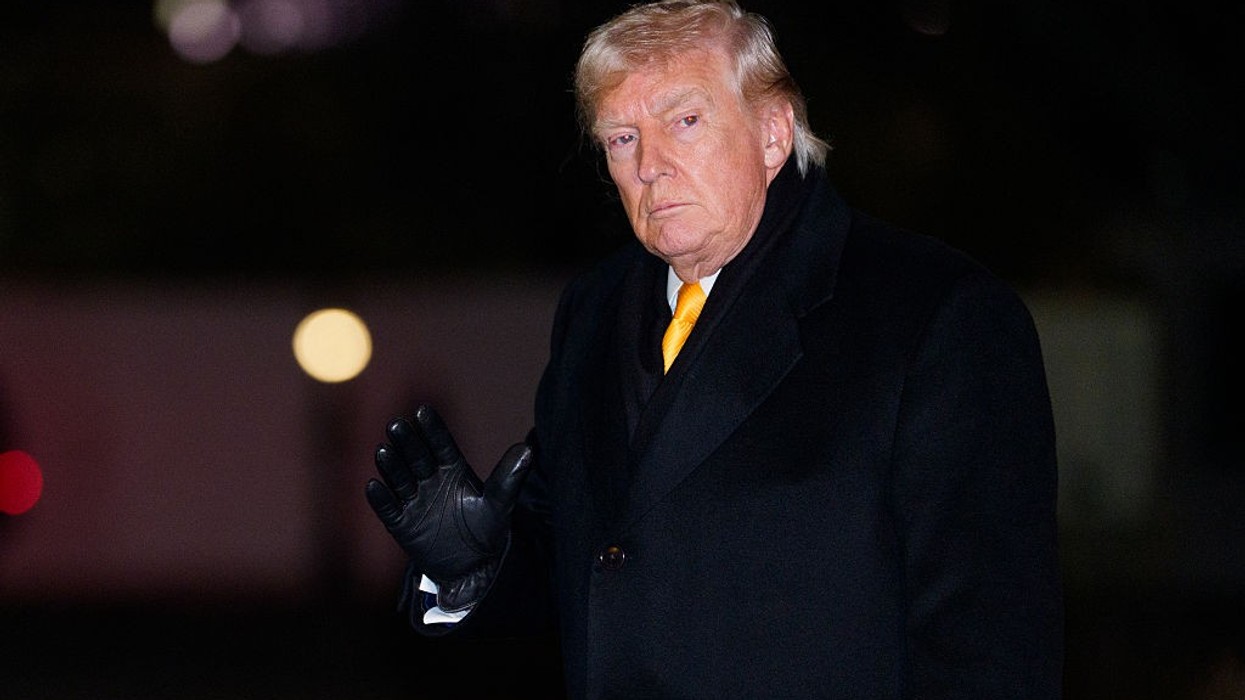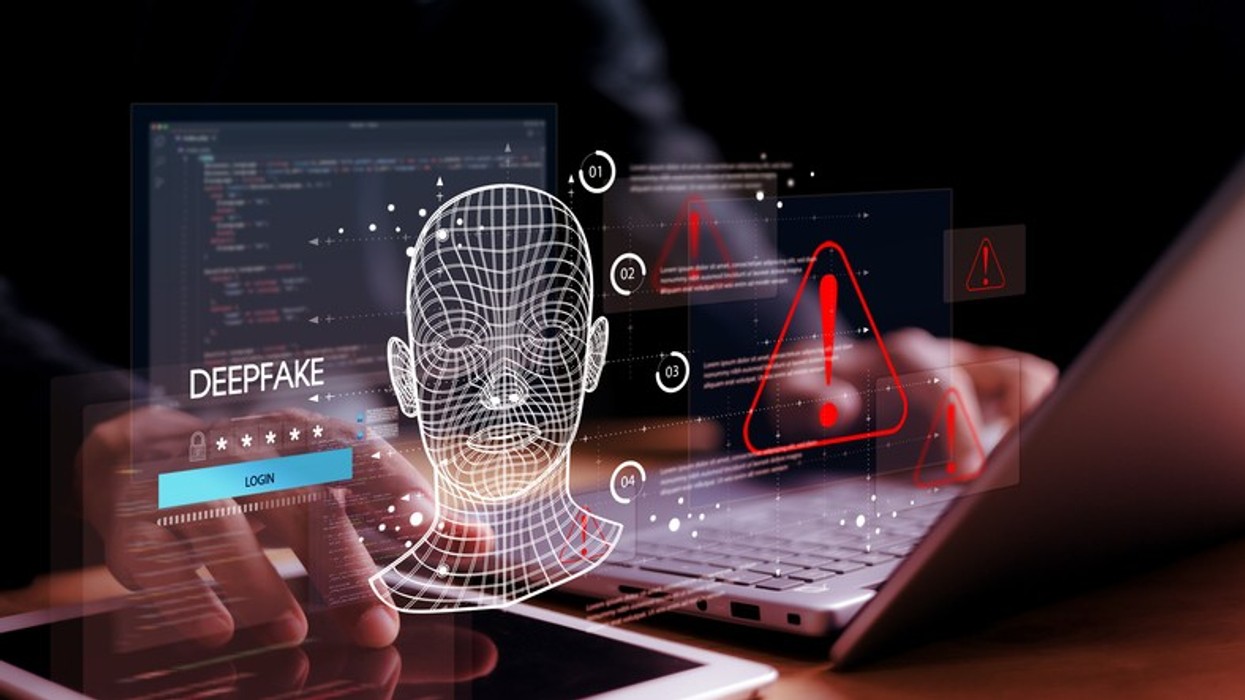Highlights:
- BBC apologized to Trump for a misleadingly edited Panorama clip.
- The broadcaster rejected Trump’s demand for compensation.
- BBC said the edit wrongly suggested a continuous part of his speech.
- Trump’s lawyers clarified no lawsuit has been filed yet.
The BBC called the mistake an “error of judgment” but not defamation. The BBC, one of the world’s most influential public broadcasters, is widely known for its independent journalism, global reach, and long-standing reputation for accuracy. Because millions of viewers rely on the BBC for credible reporting, even small editorial errors can trigger major debate. This reputation is exactly why the broadcaster came under intense scrutiny when a Panorama episode sparked a political storm.
The controversy unfolded after Panorama aired an edited clip of former U.S. President Donald Trump’s 2021 speech. The clip was presented in a way that made it appear as though Trump had delivered one continuous statement calling for violent action on the day his supporters stormed the US Capitol. However, the video was actually a combination of separate excerpts taken from different moments of his address. This edit changed the context of the speech and created a misleading impression.
As soon as the episode aired, criticism began pouring in. Viewers, analysts, and Trump’s team accused the BBC of misrepresenting Trump’s words at a time when the Capitol riot remained a sensitive and politically charged topic. The fact that the mistake came from the BBC, an organization trusted for its editorial standards, made the backlash even stronger.
Once the concerns became public, the BBC reviewed the clip and acknowledged the problem. The broadcaster admitted that the edit unintentionally suggested a single, uninterrupted call for violence, which was not accurate. BBC chair Samir Shah then sent a personal letter to the White House, expressing regret and apologizing for the misleading presentation. The network described the edit as an “error of judgment” and announced that it would not rebroadcast the documentary in any form.
The apology, however, did not end the controversy. Trump demanded financial compensation, arguing that the edited clip harmed his reputation. The BBC responded by rejecting the compensation request, stating there was no legal basis for a defamation claim. According to the broadcaster, the error, while serious, did not amount to defamation under the law.
The situation became even more confusing when the White House briefly suggested that Trump’s legal team had already filed a lawsuit. Trump’s lawyers later clarified that no lawsuit had been filed yet, though they confirmed that a formal letter had been sent threatening legal action. They gave the BBC until November 14 to respond, while reserving the right to file a lawsuit sooner.
For now, the BBC maintains its position: it regrets the editorial mistake, has apologized for the misleading edit, but firmly disagrees that the error qualifies as defamation or warrants compensation. The dispute remains unresolved as both sides wait to see whether the matter will move to court.
